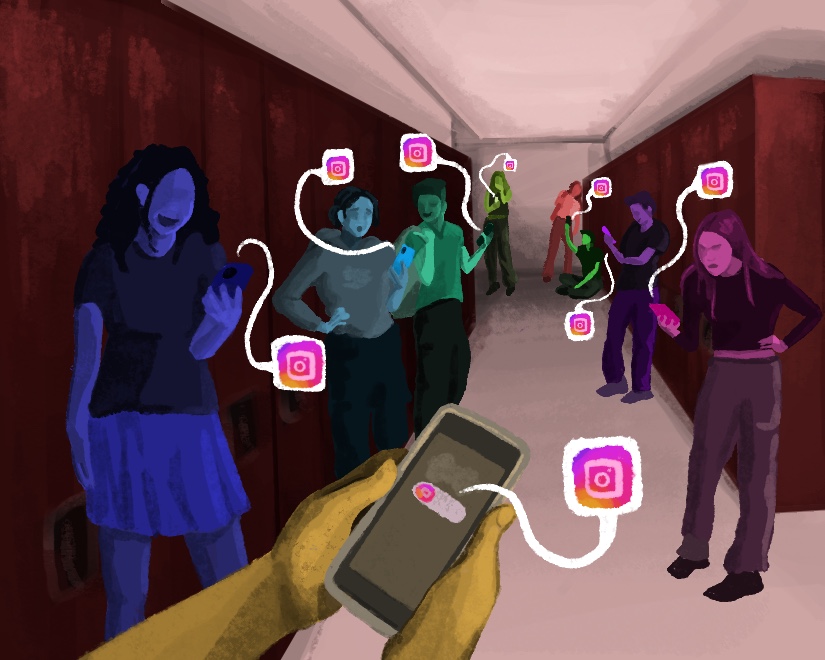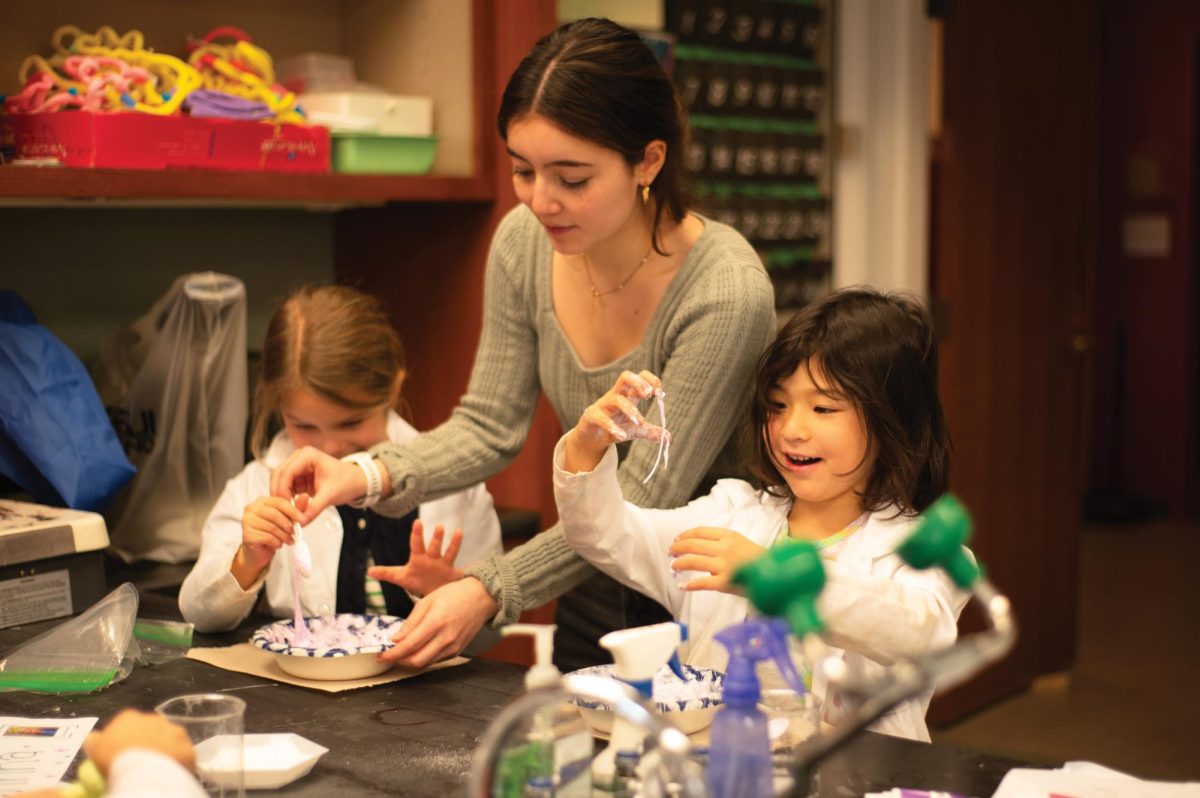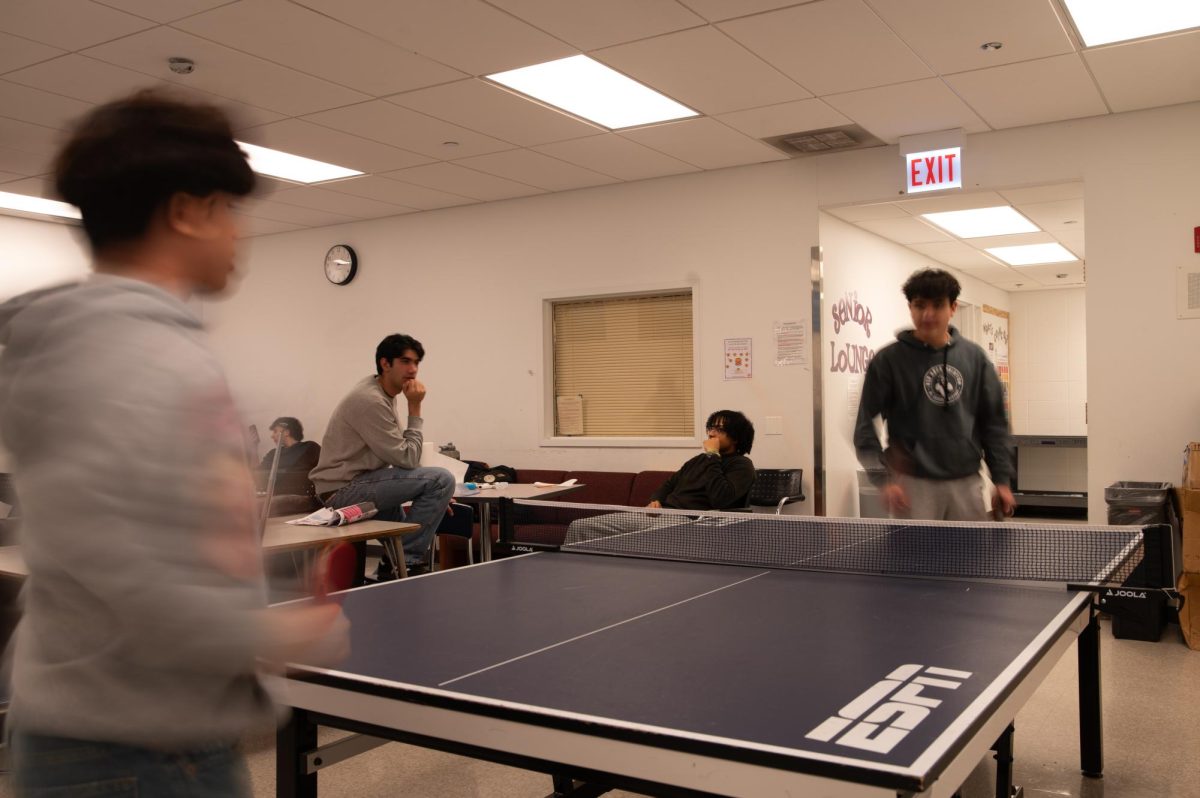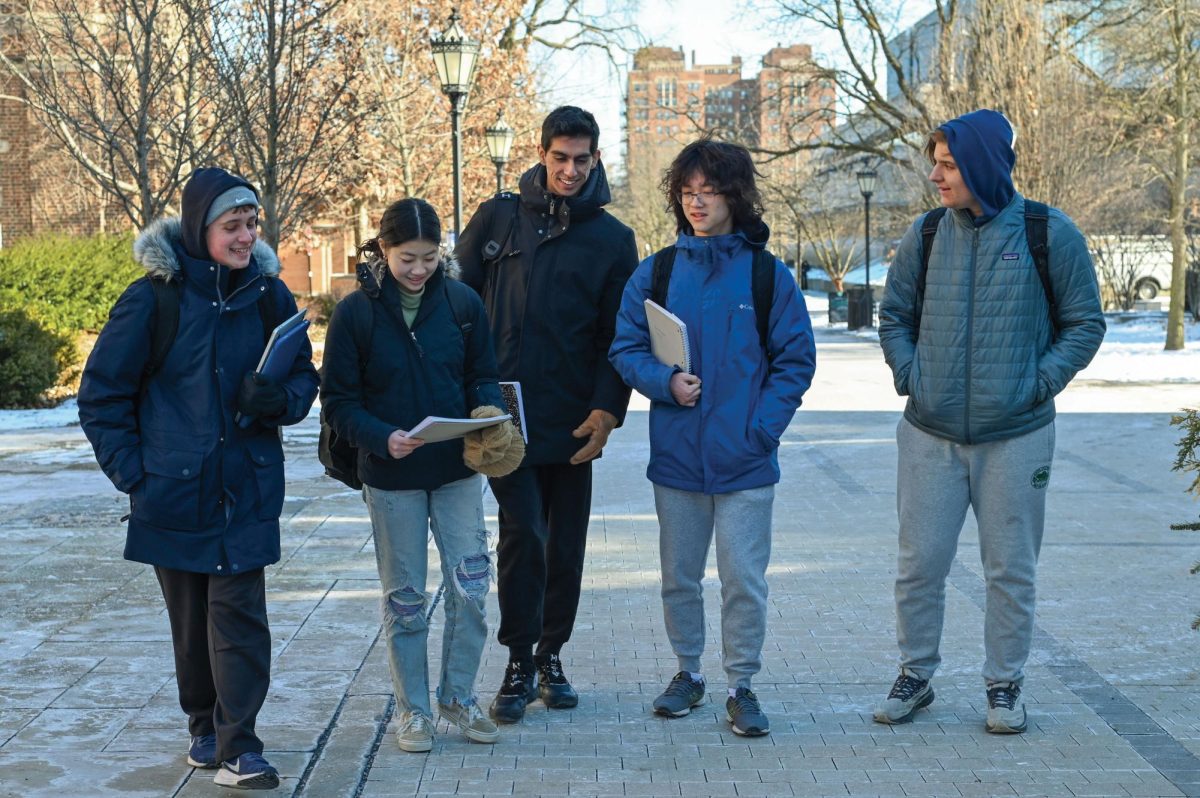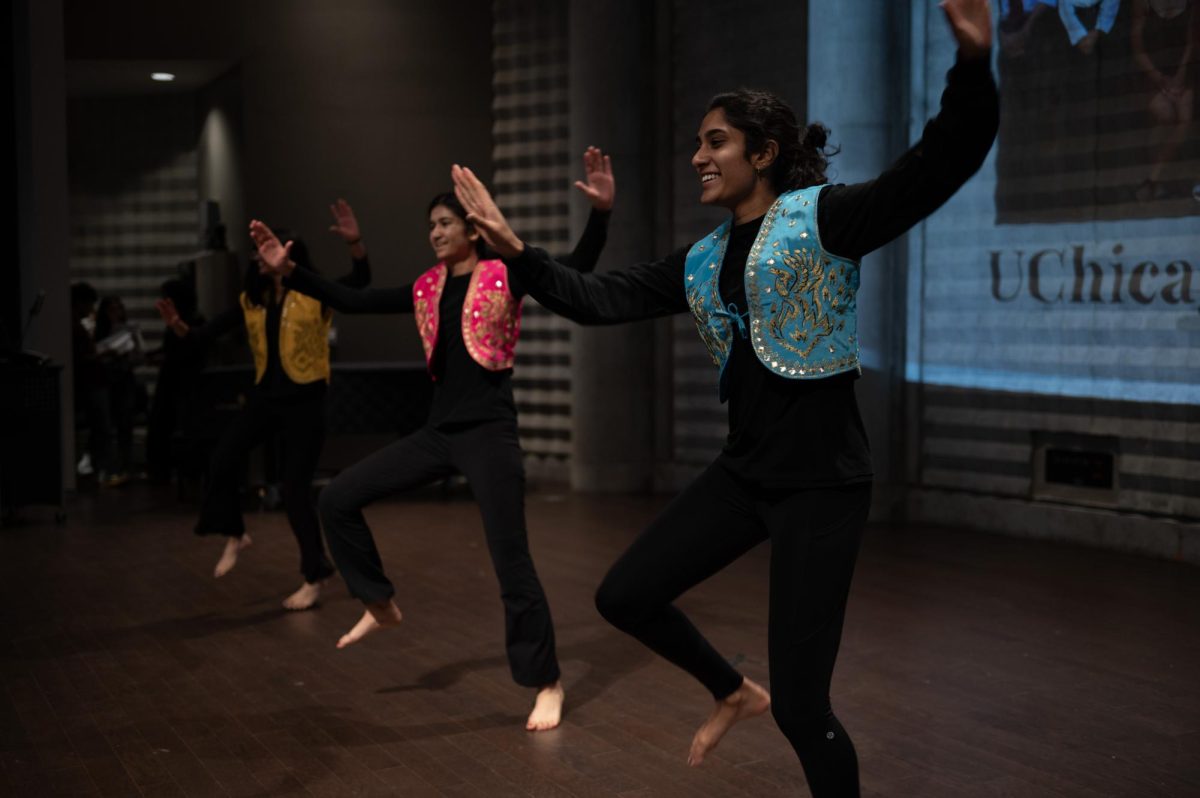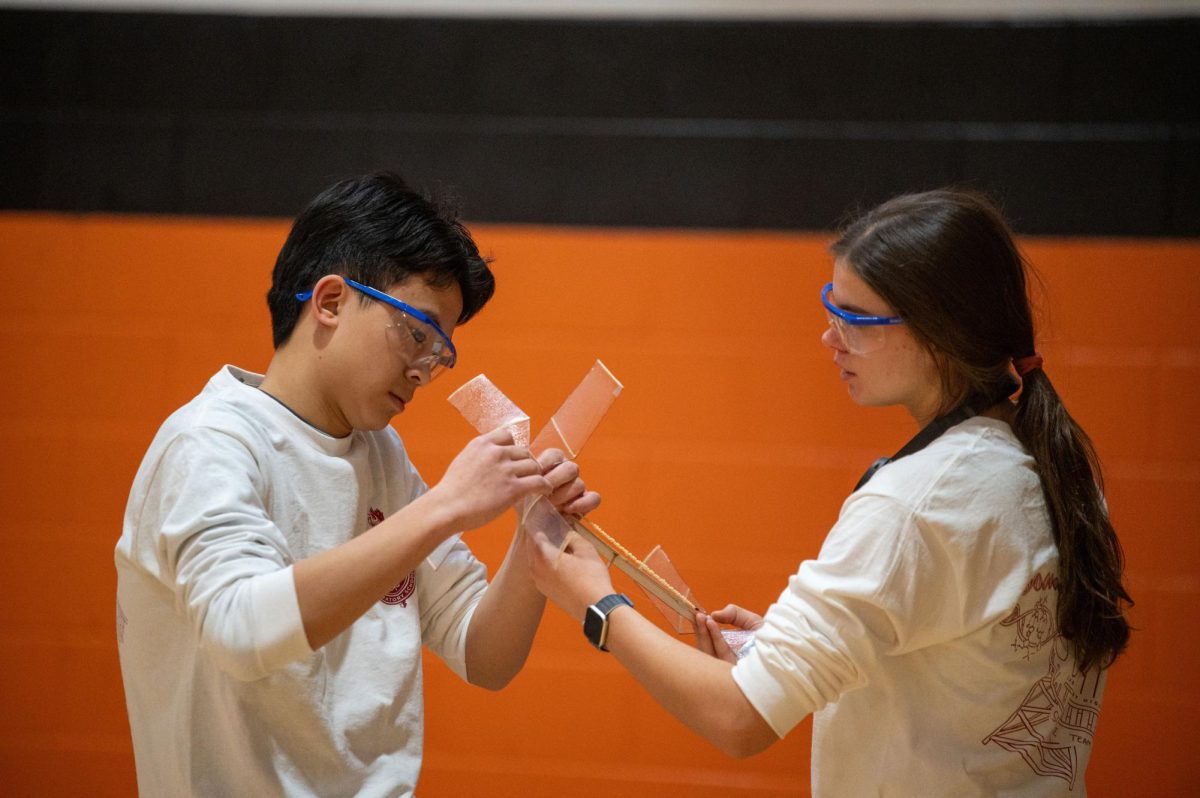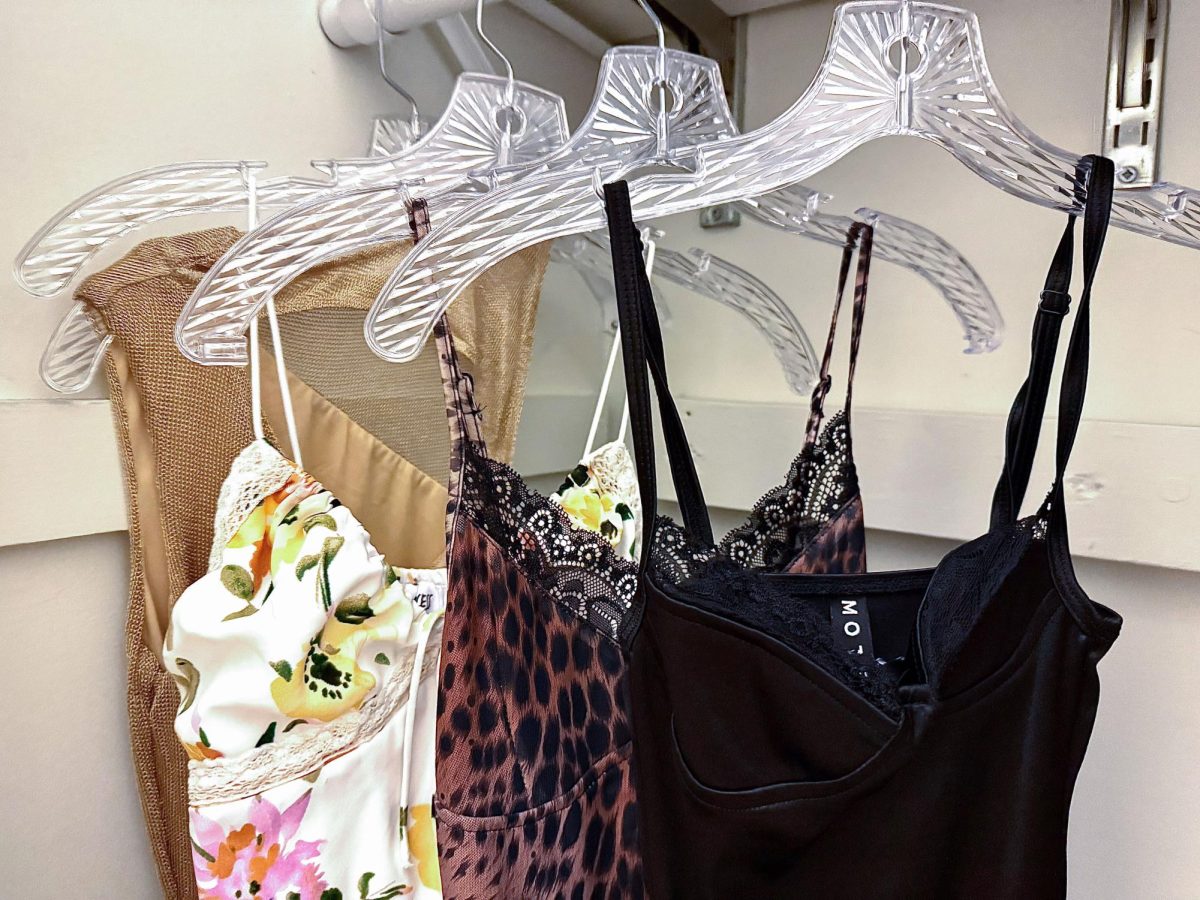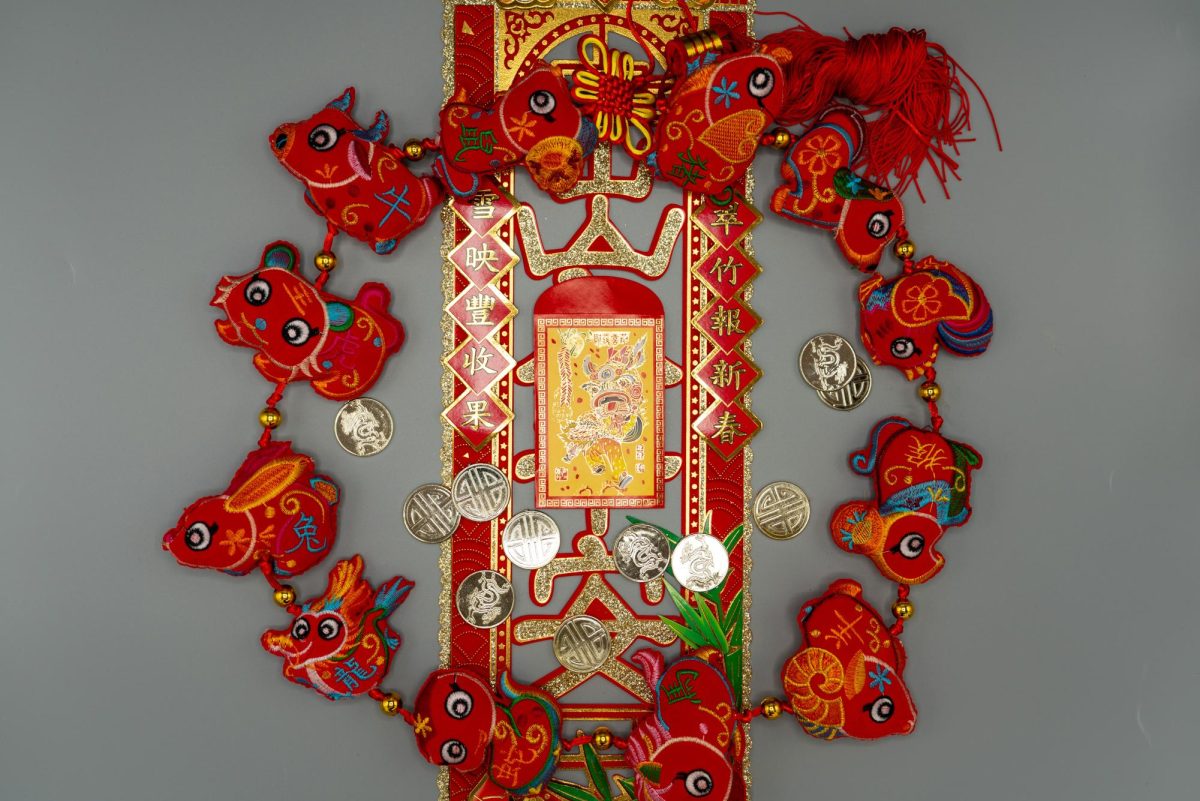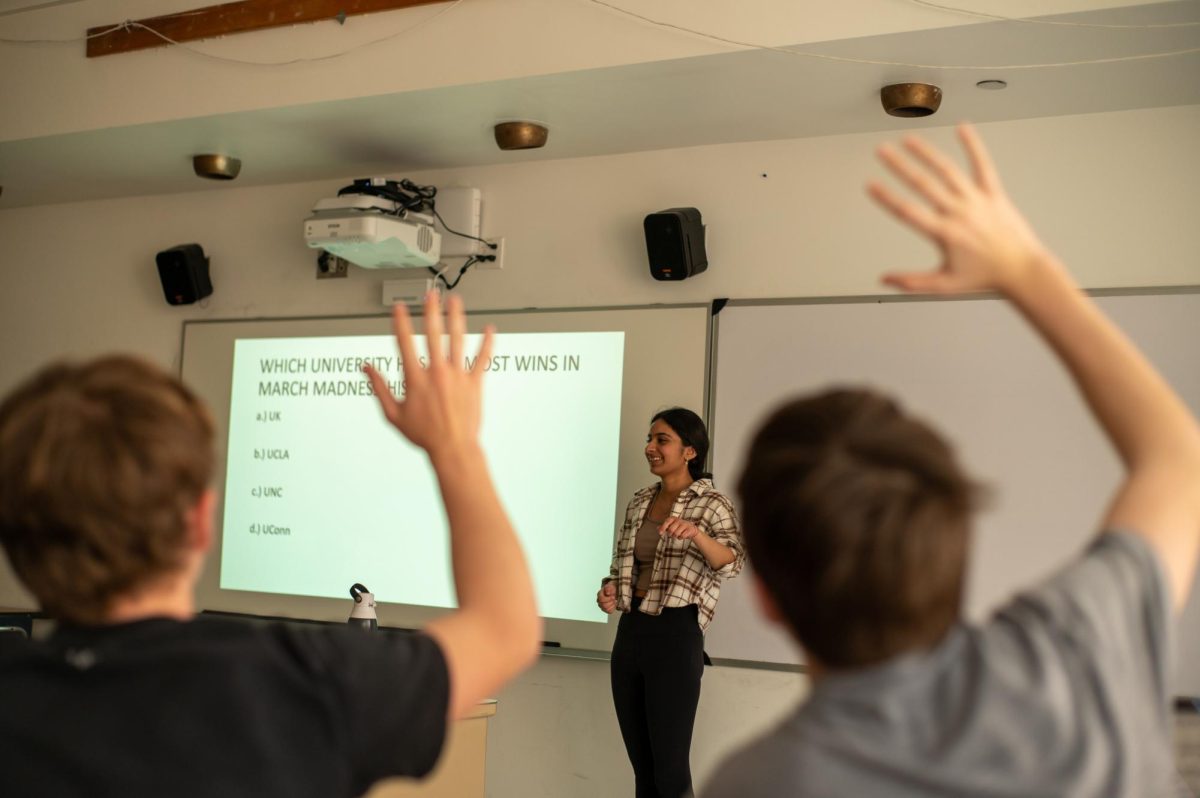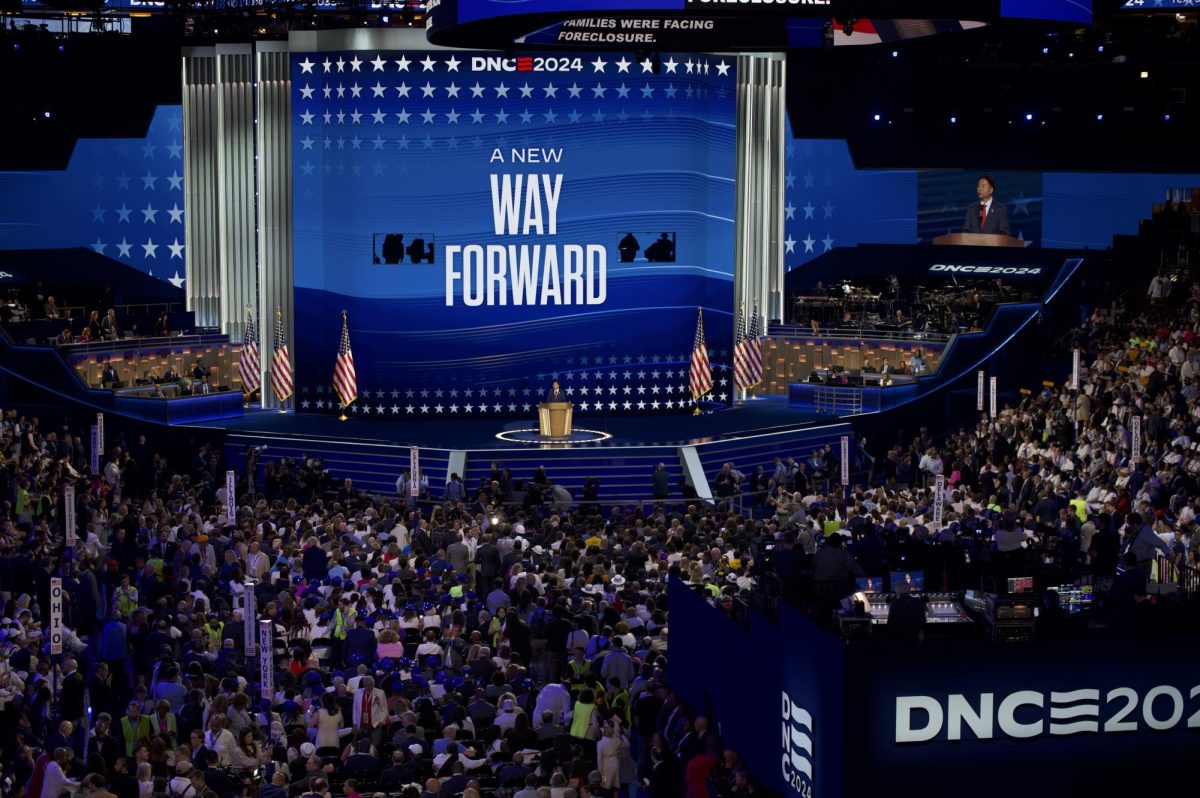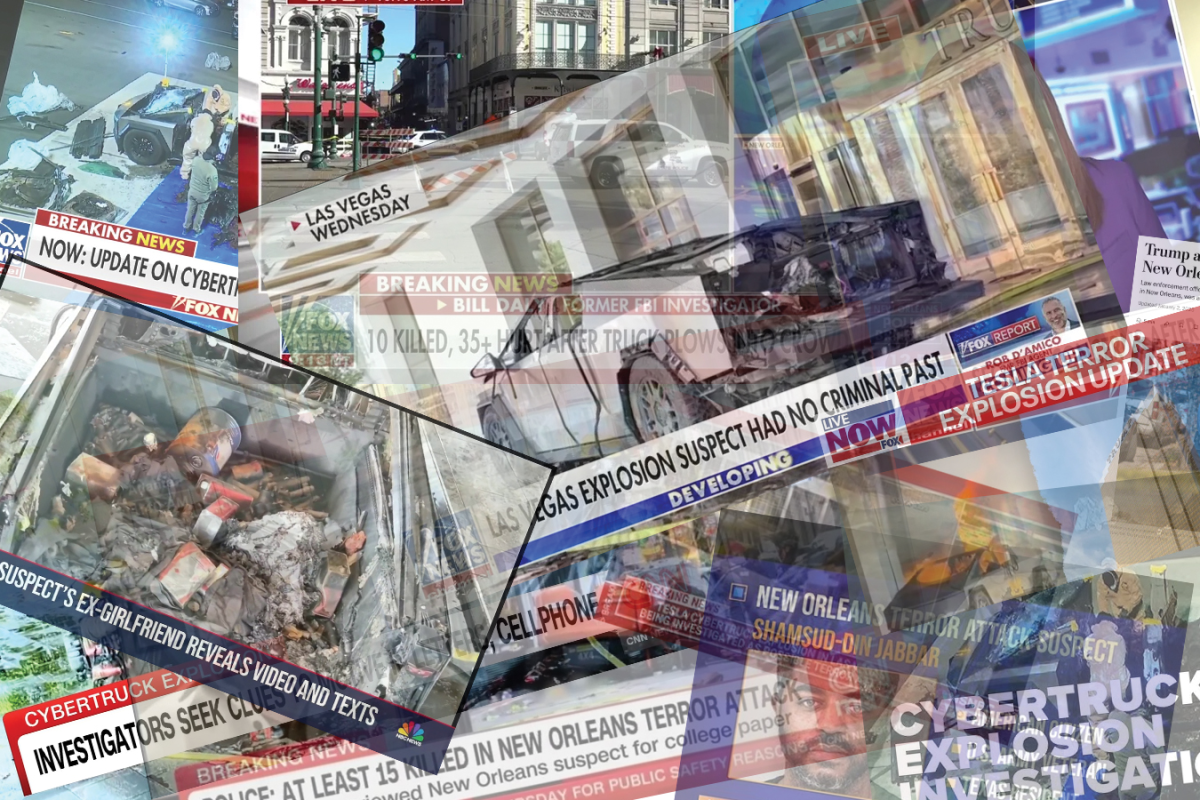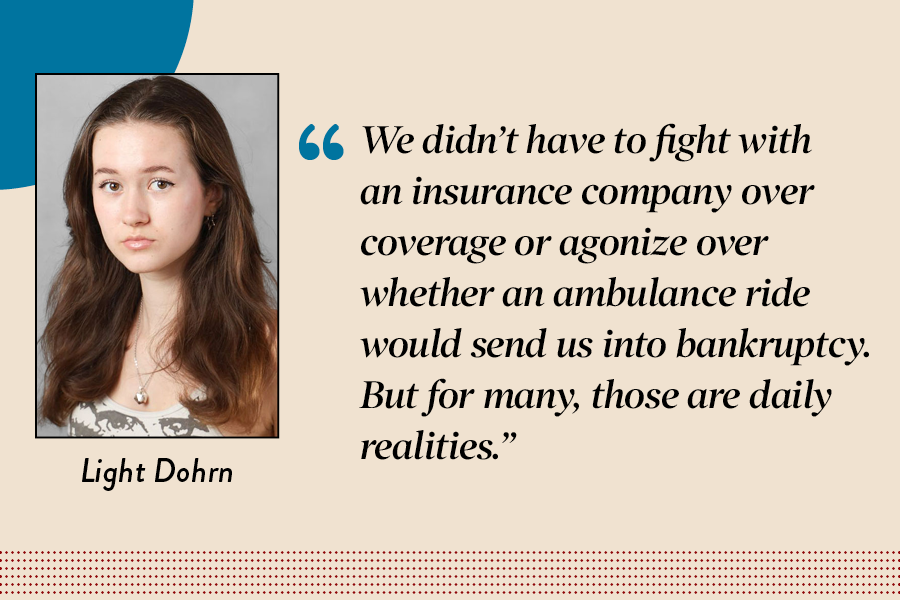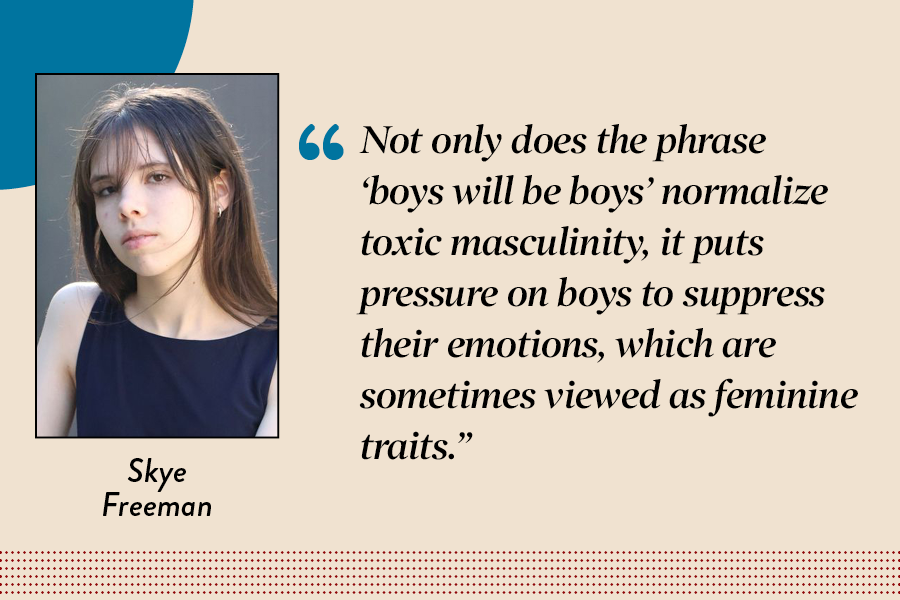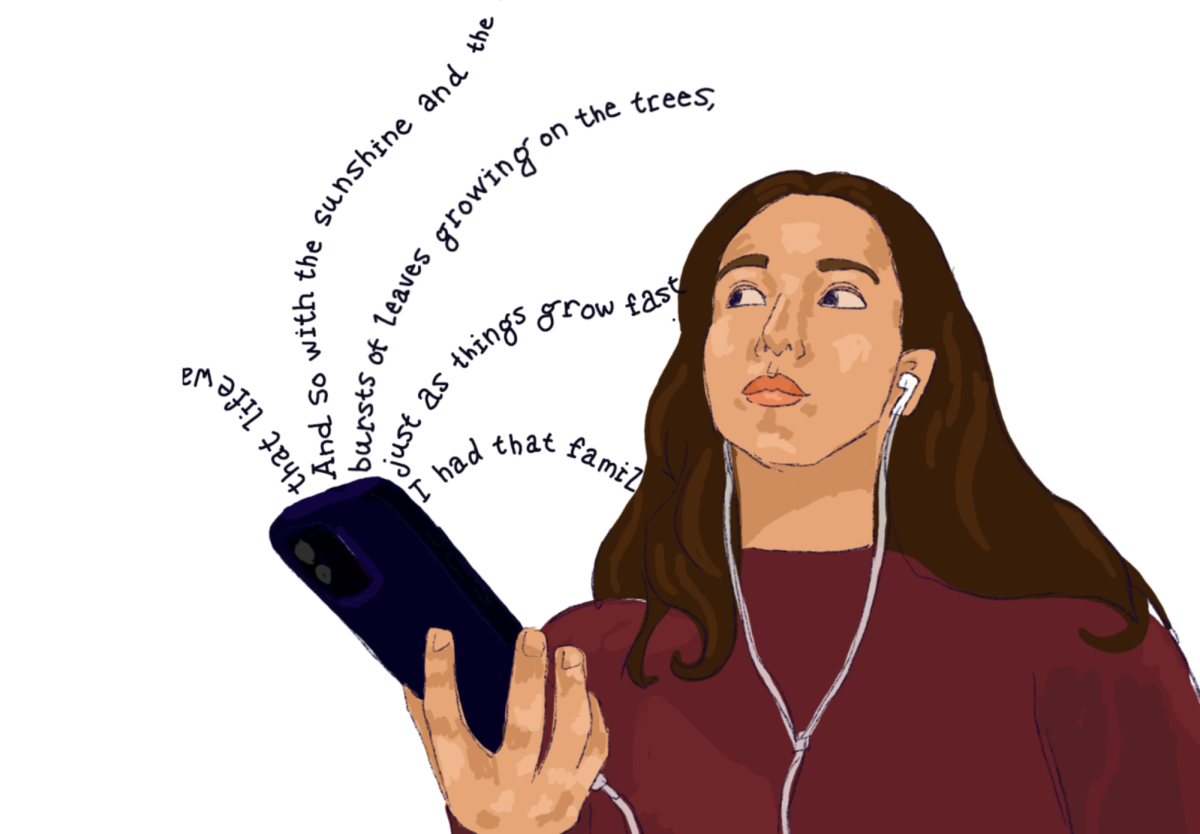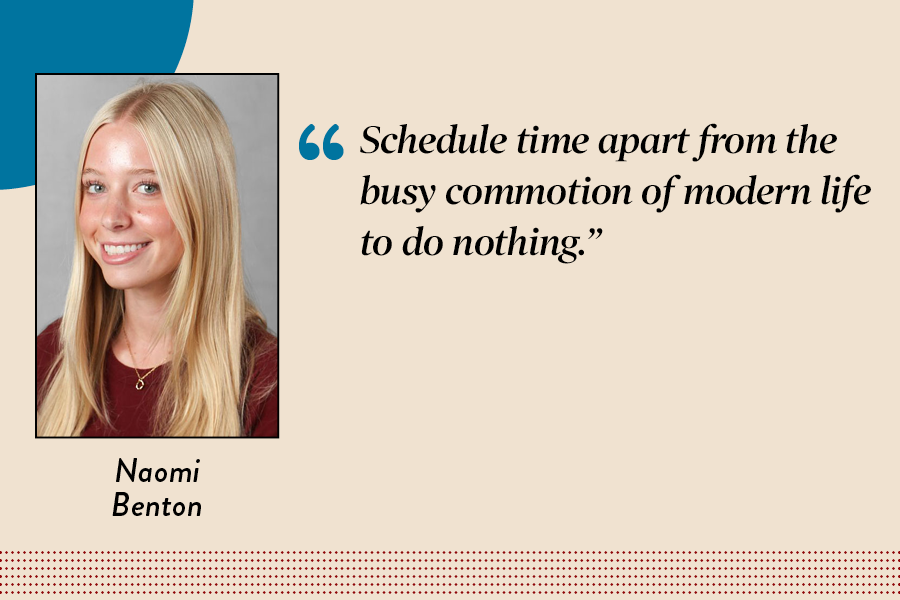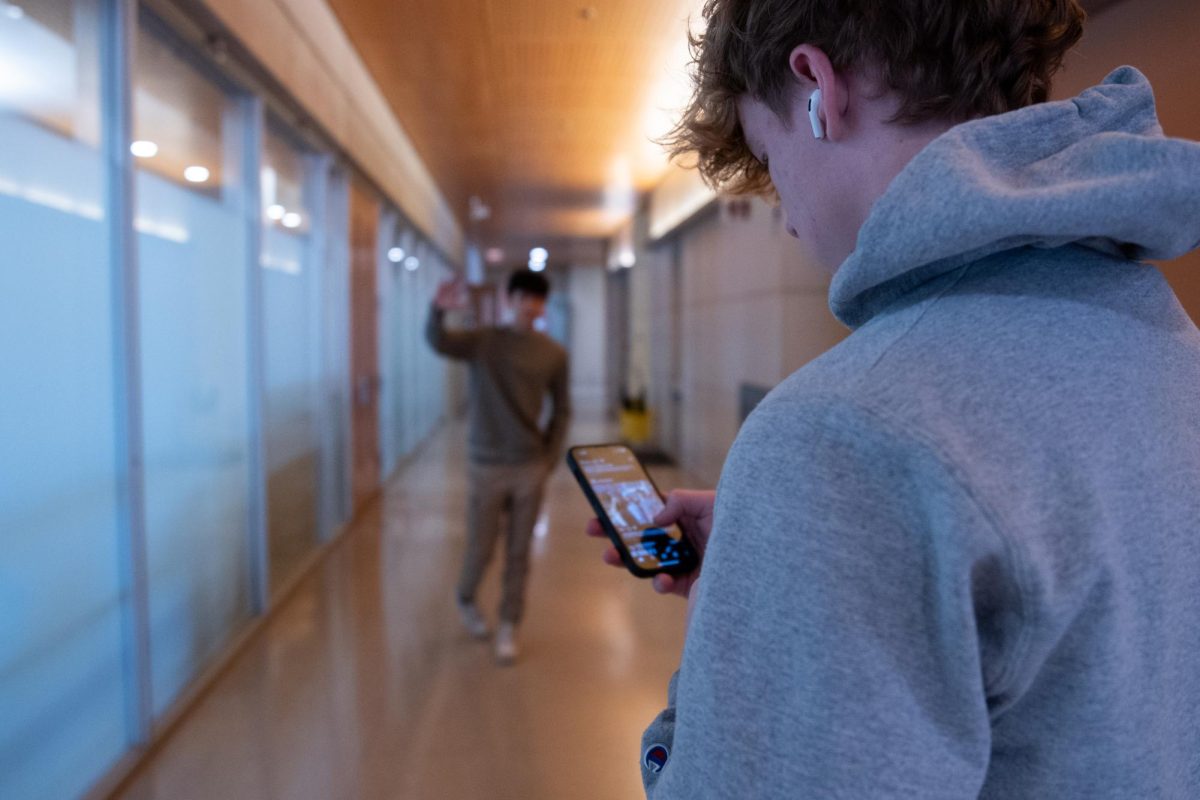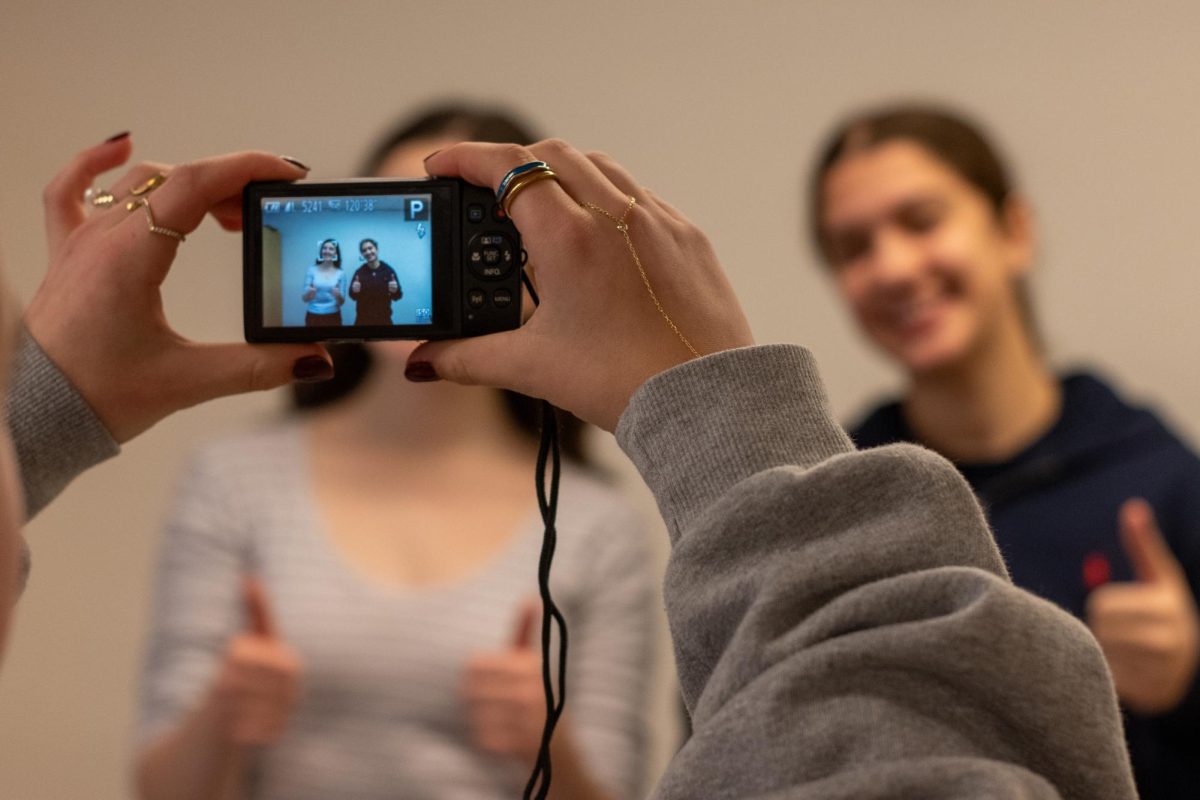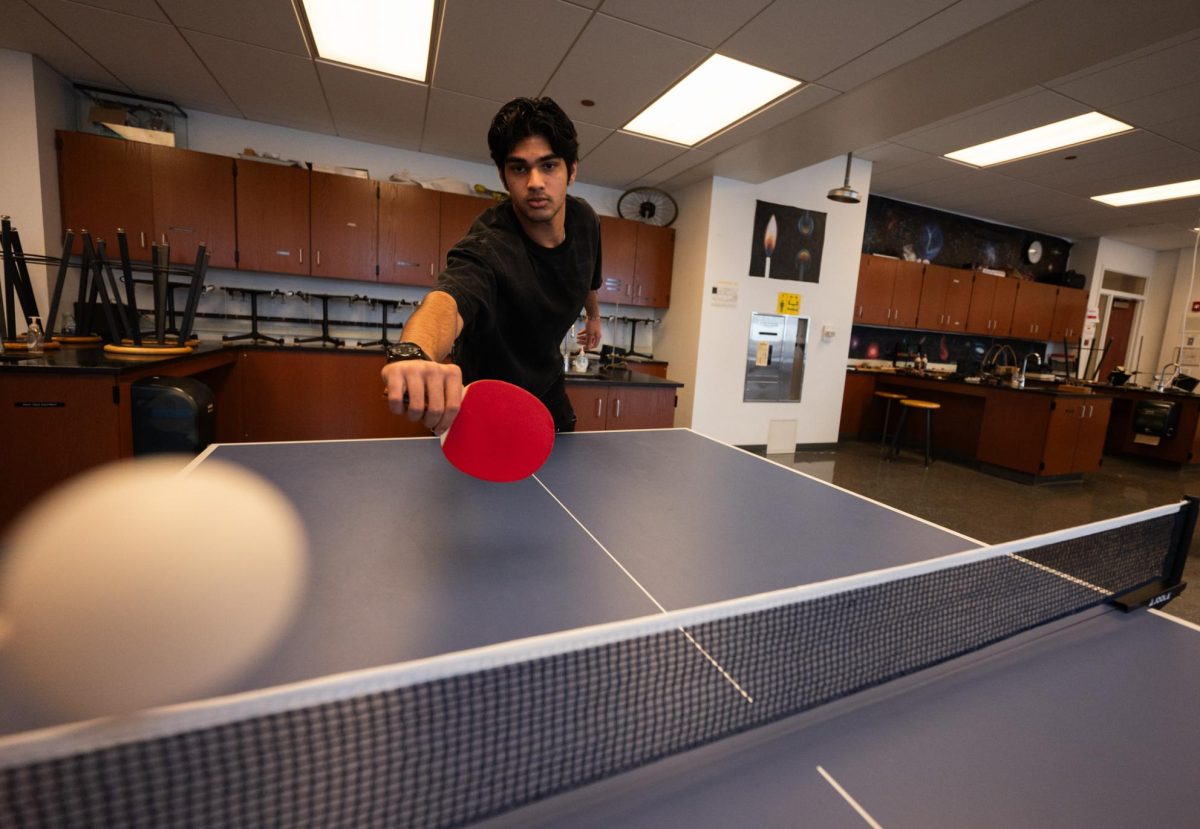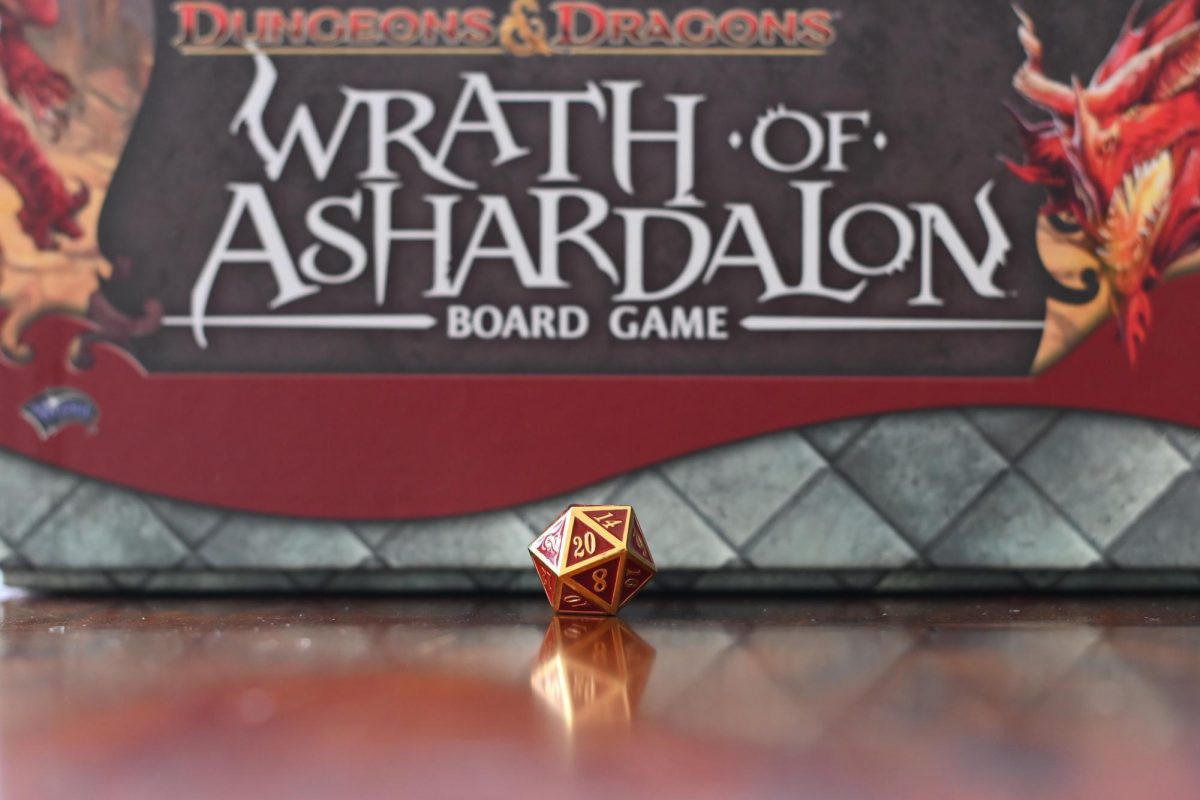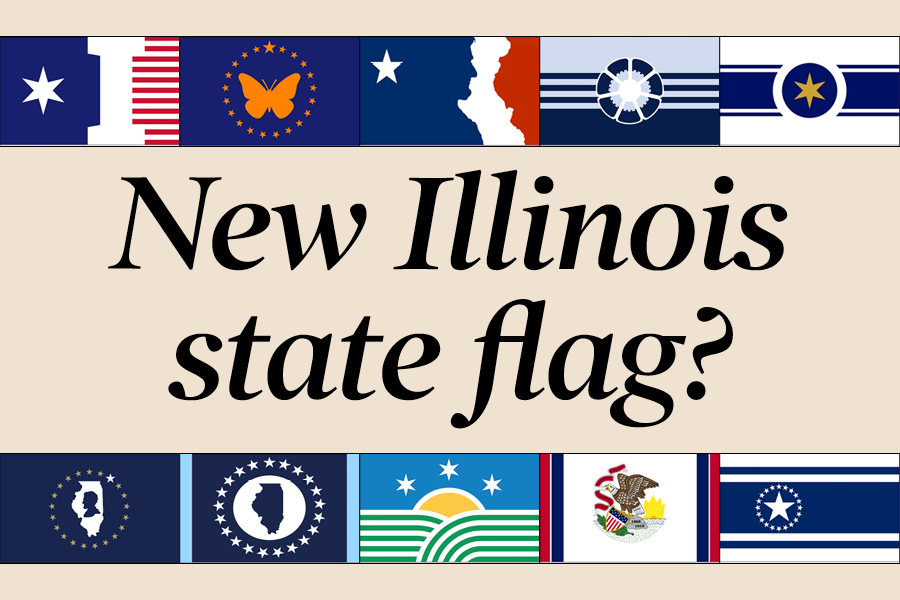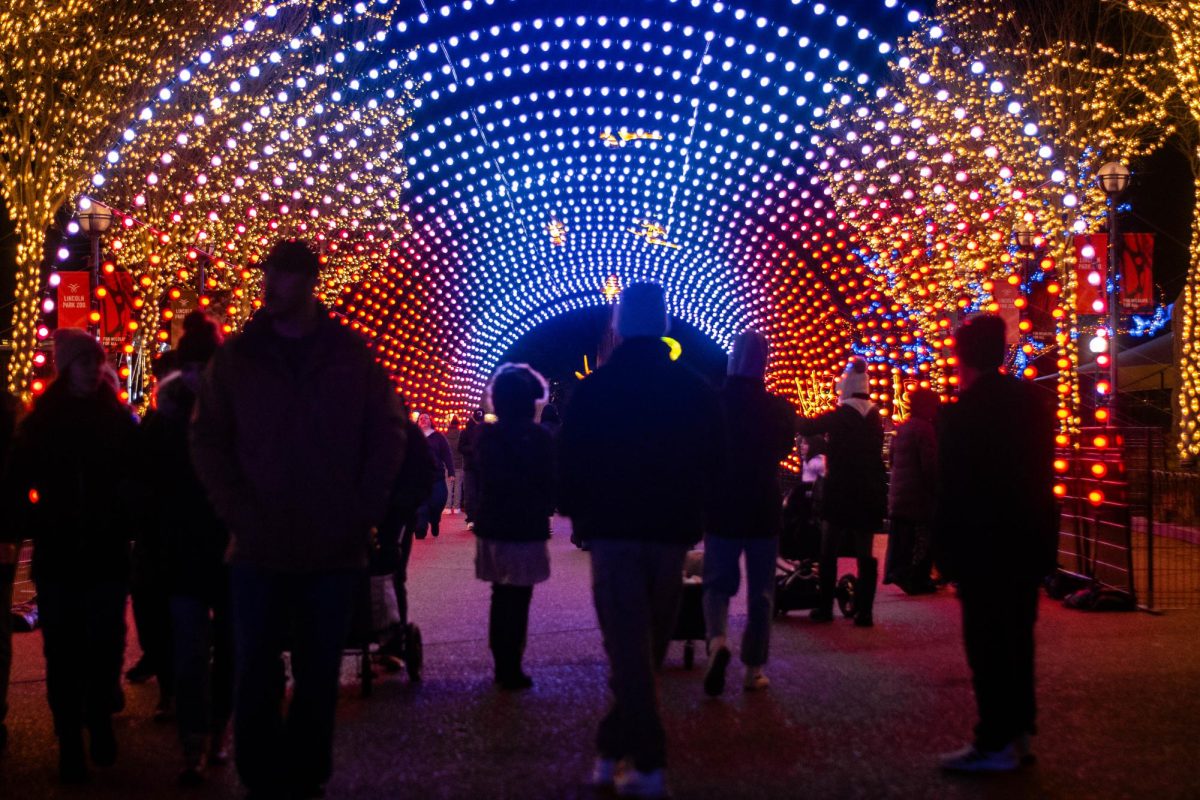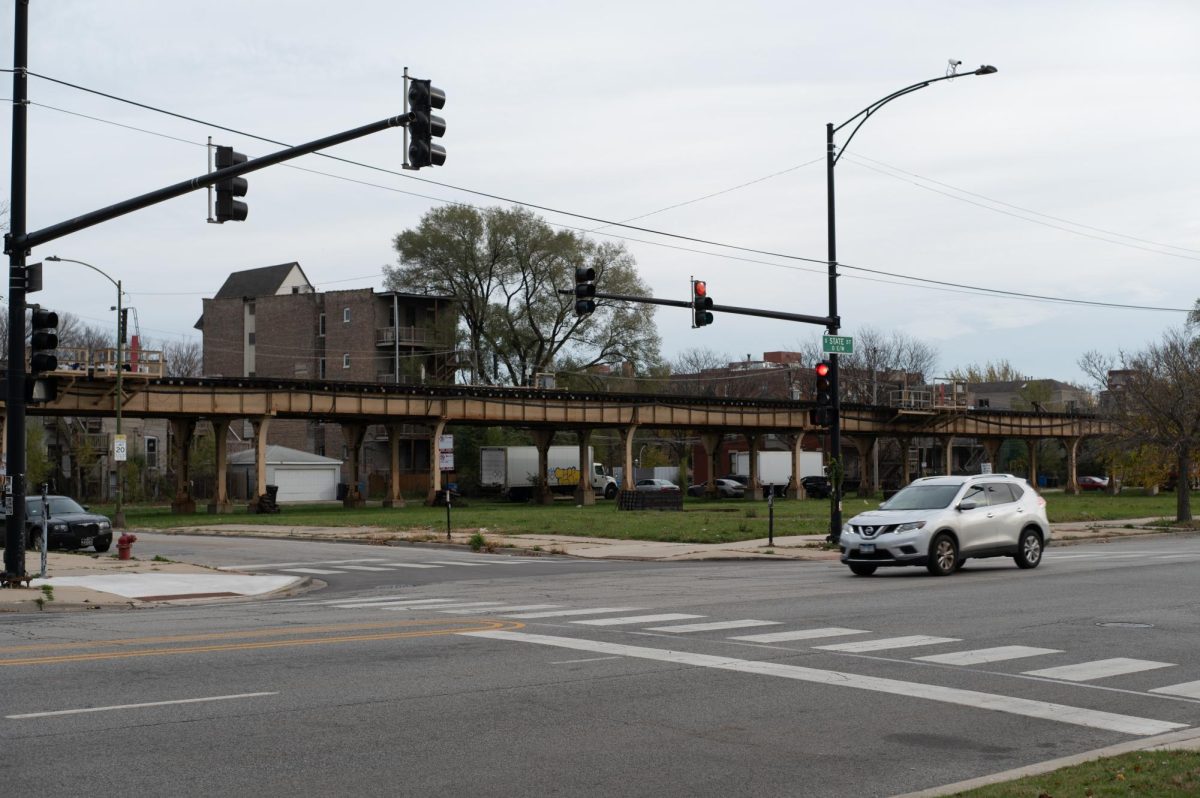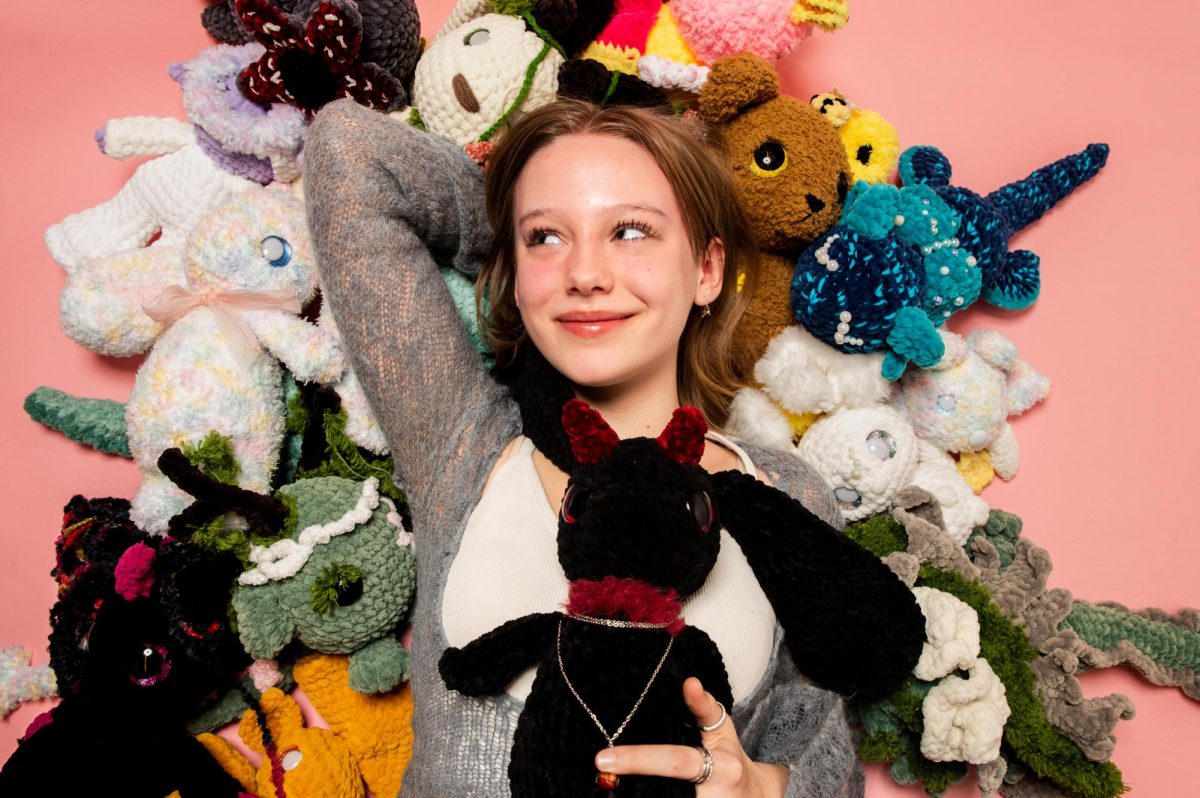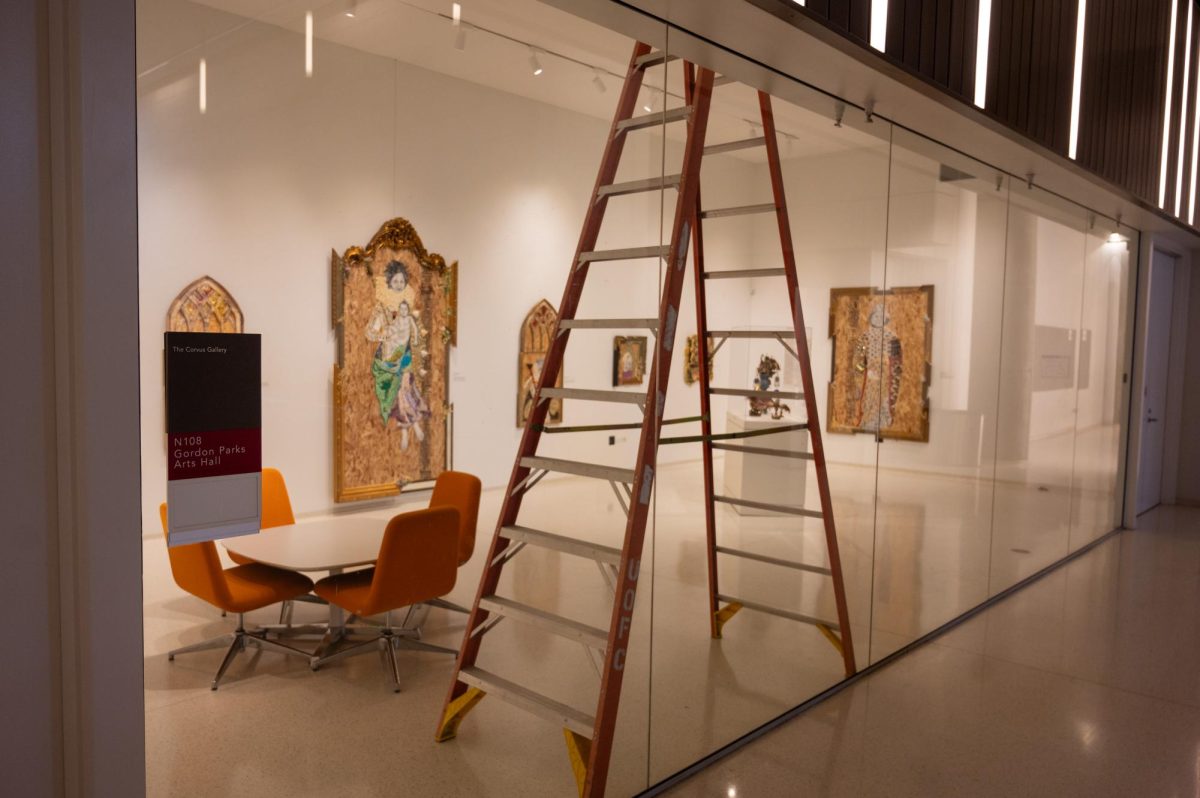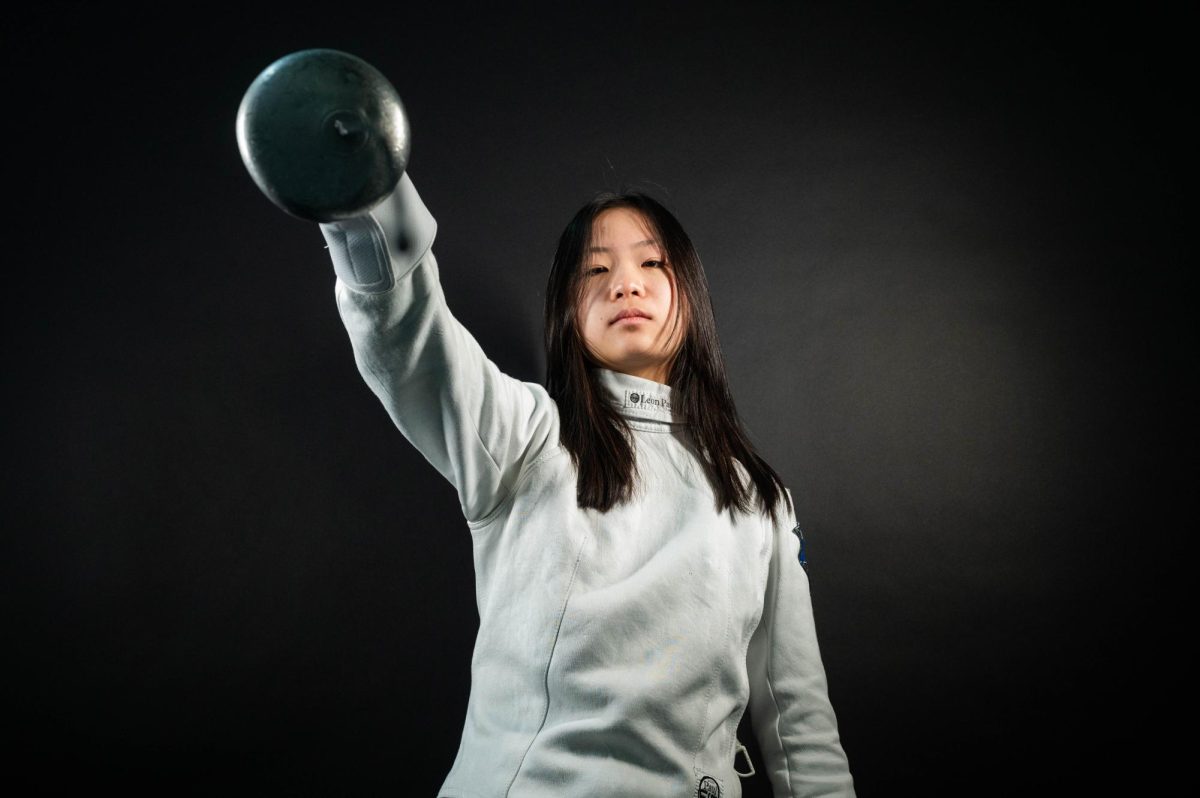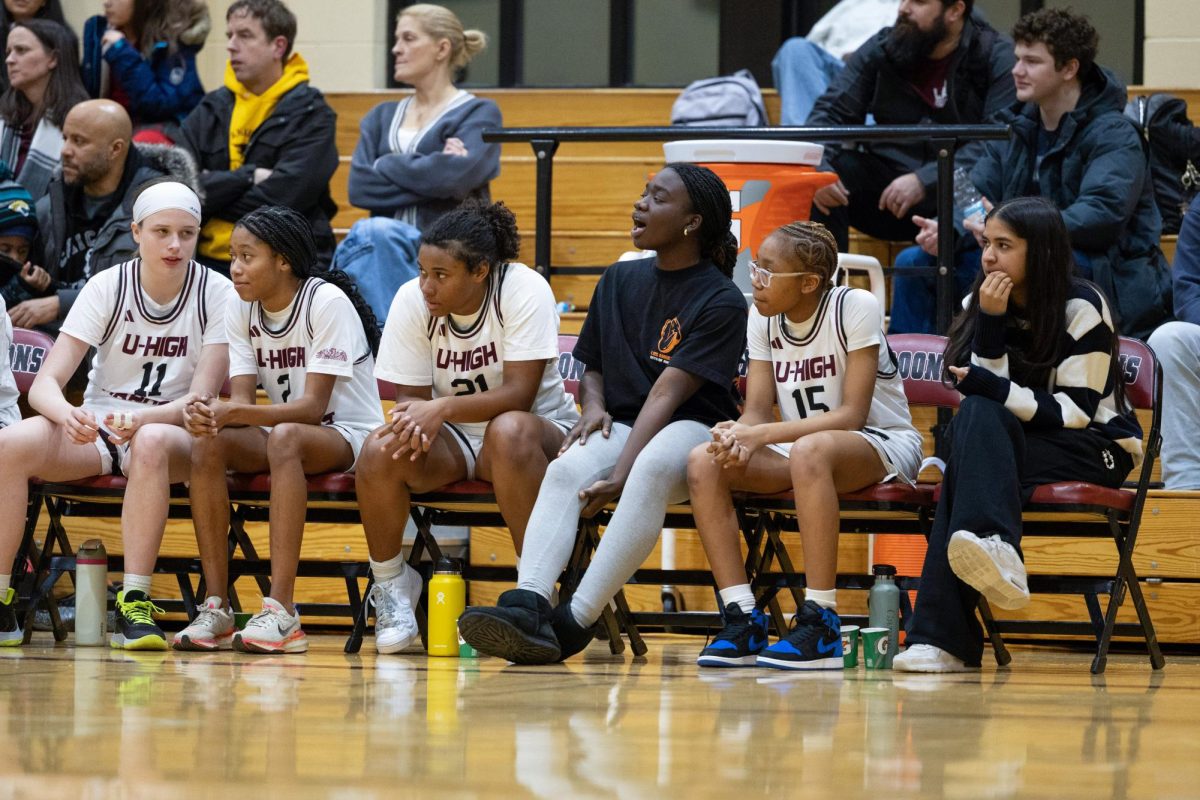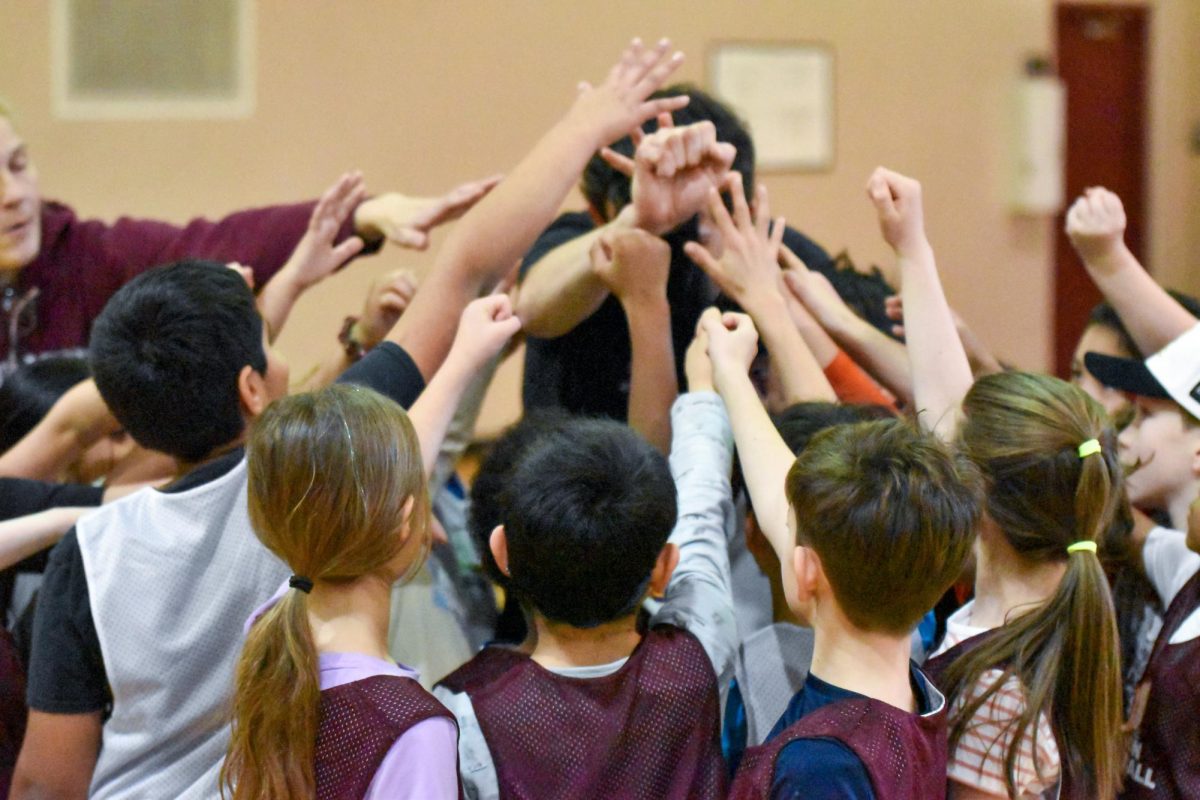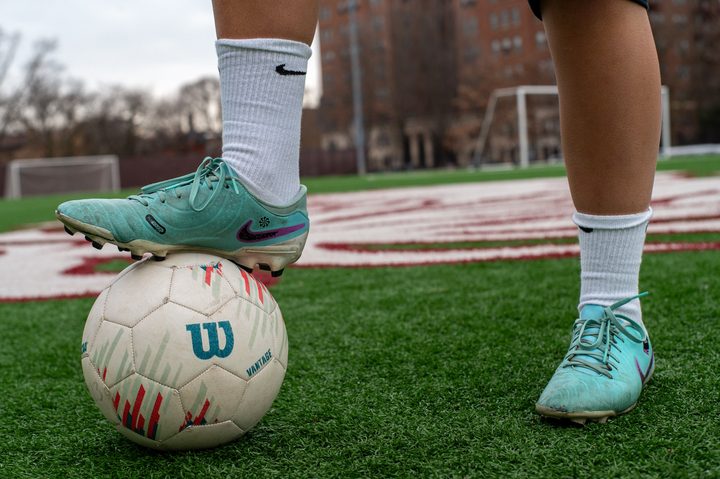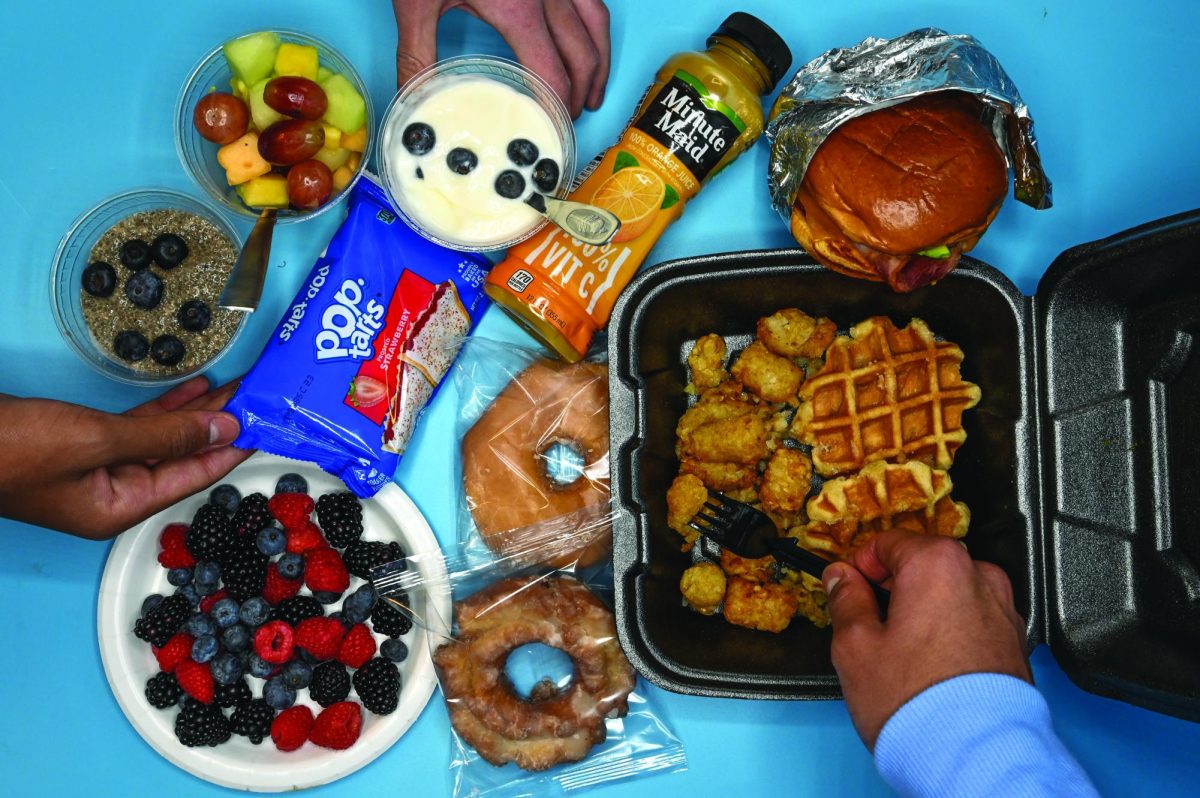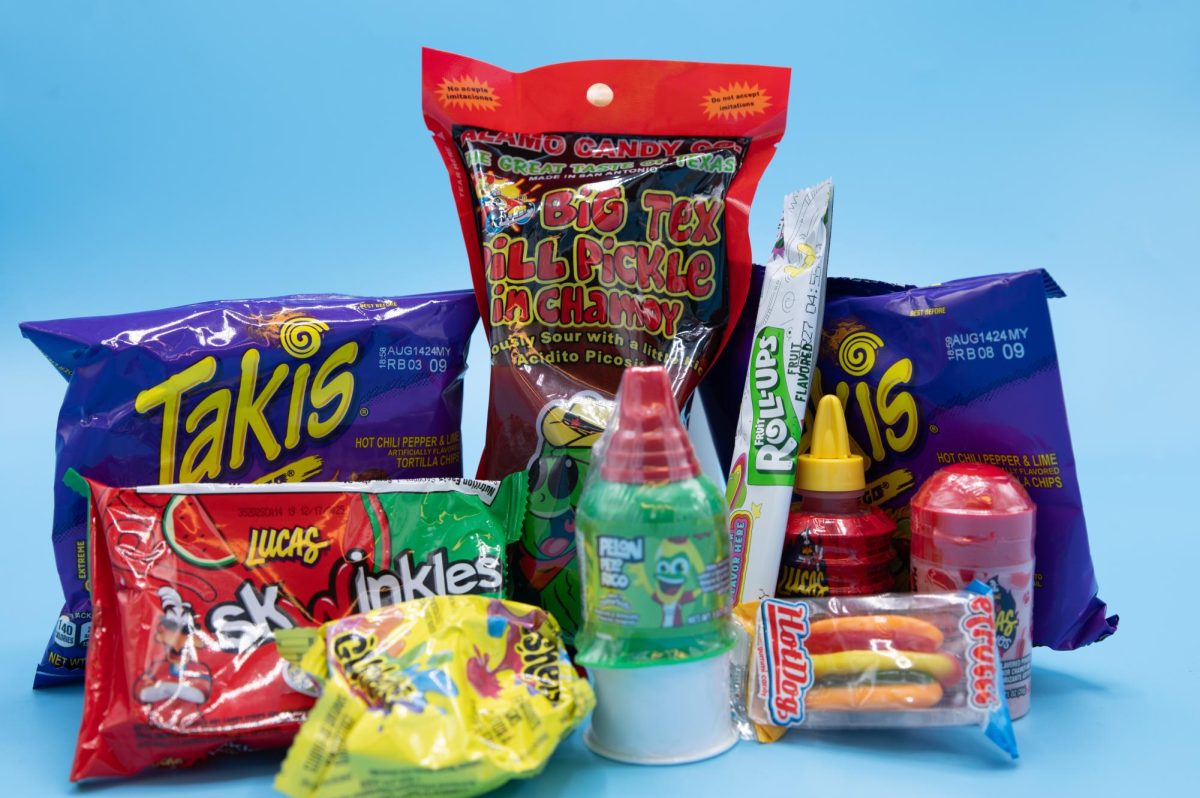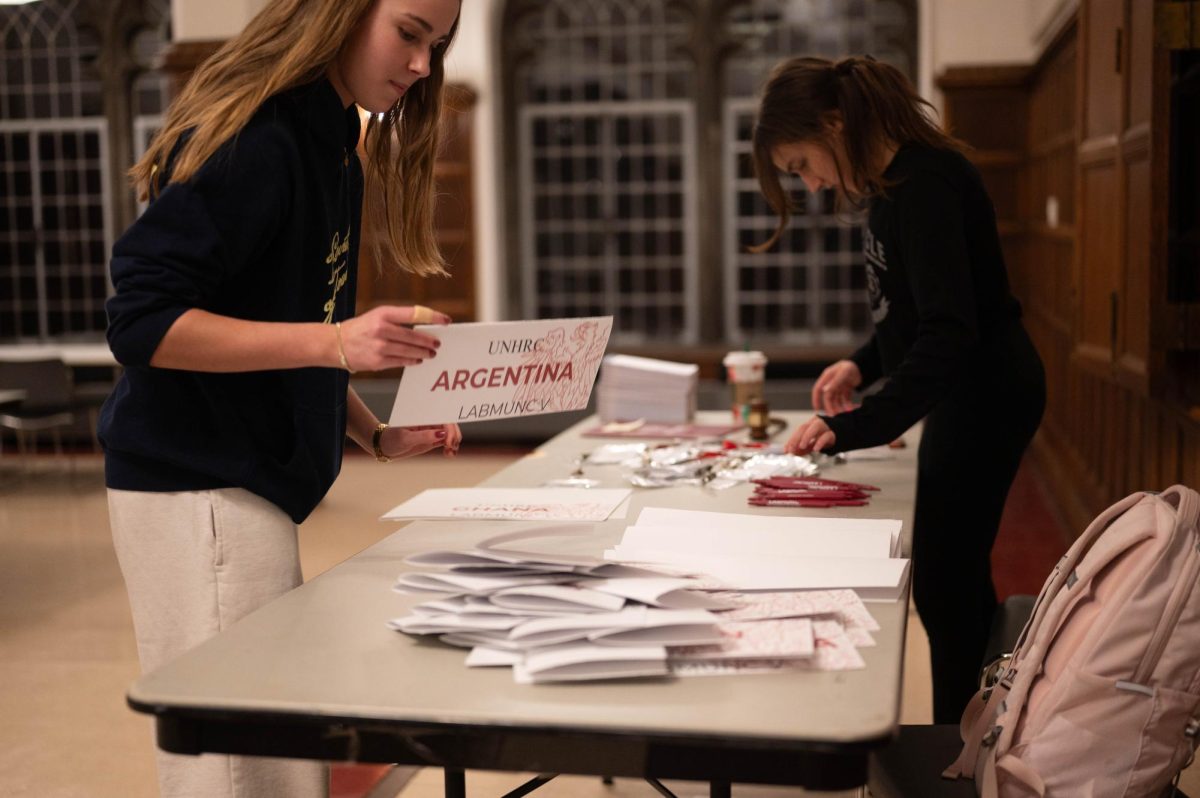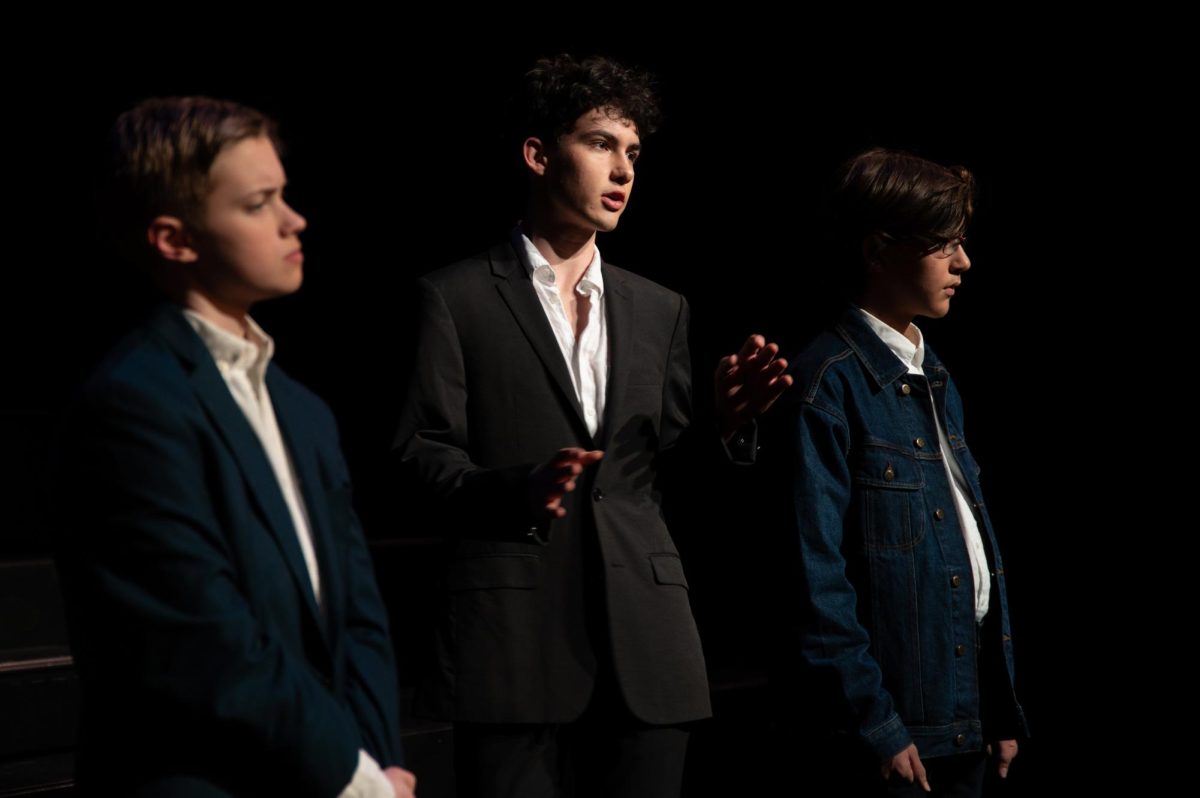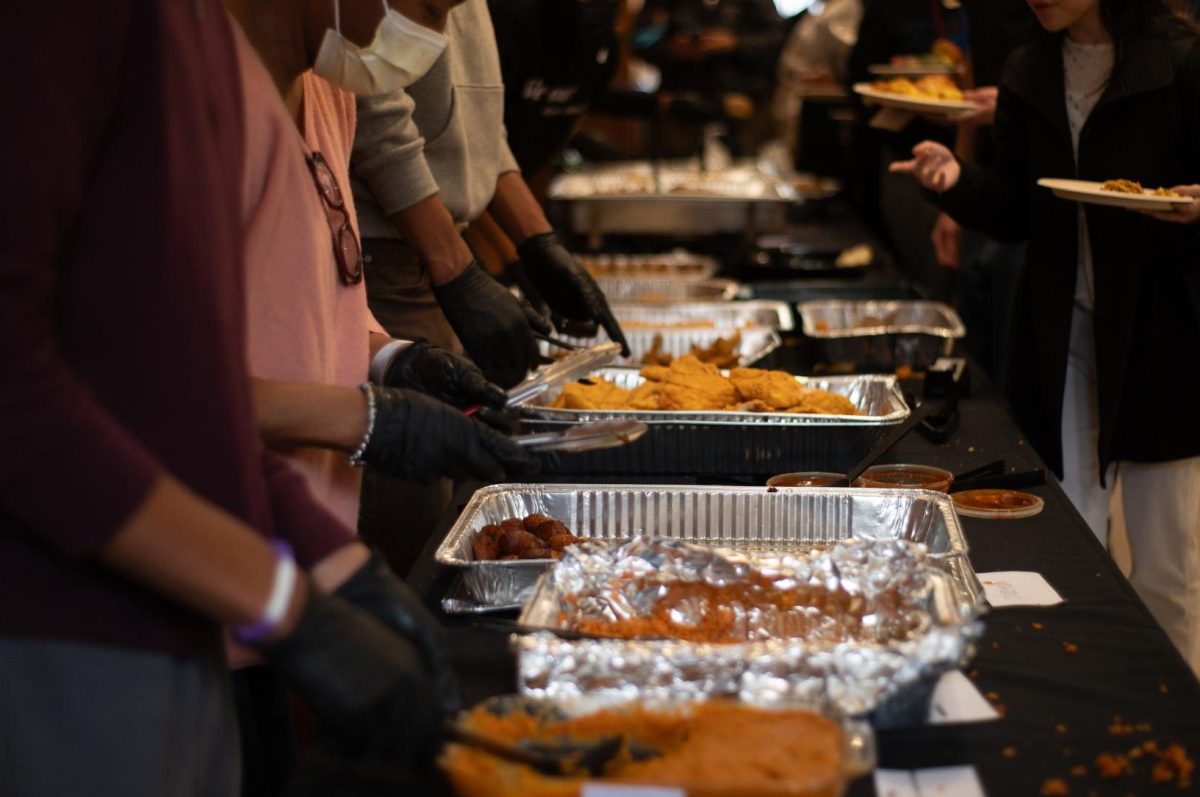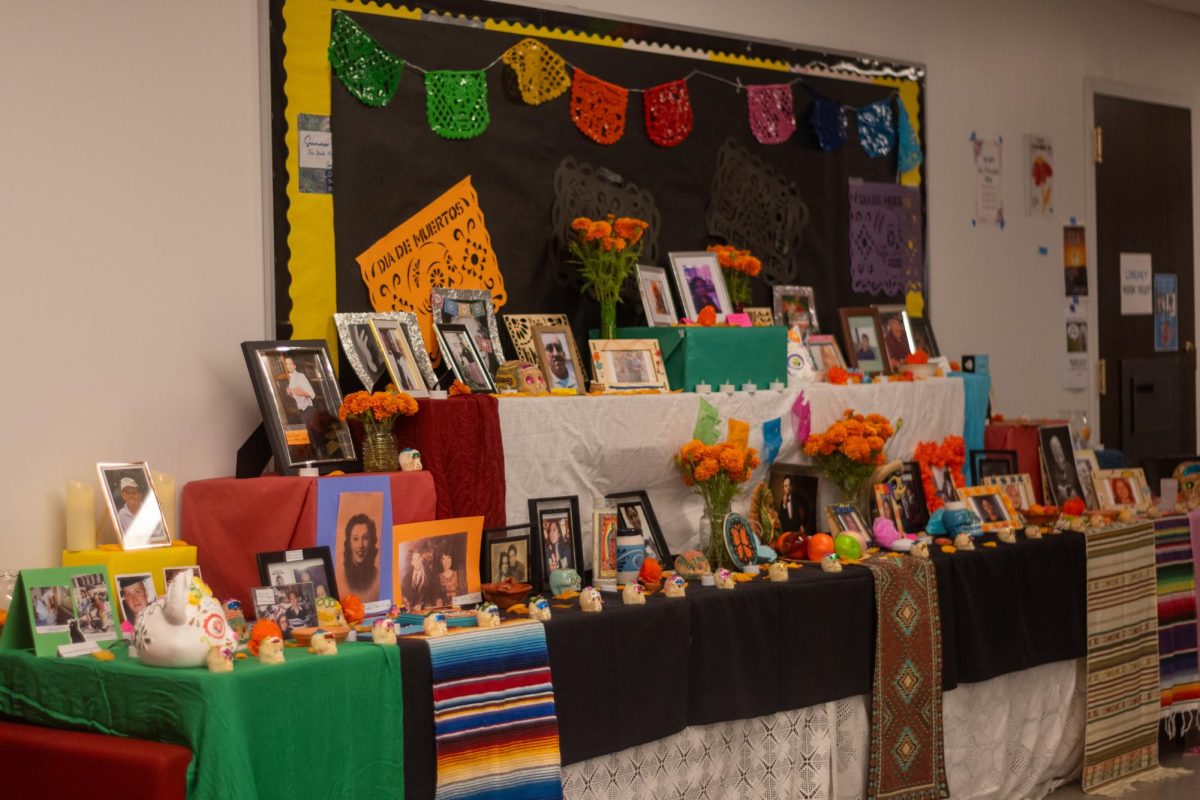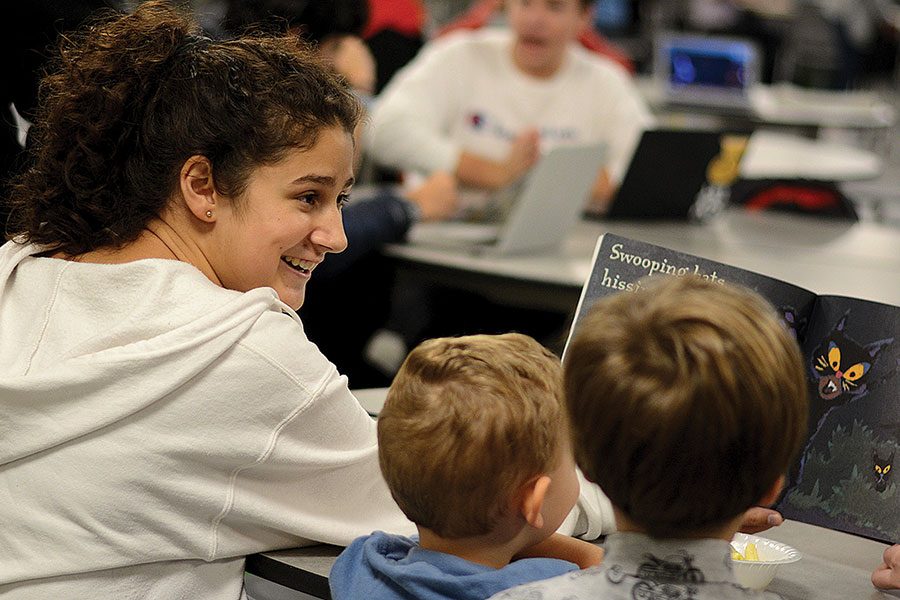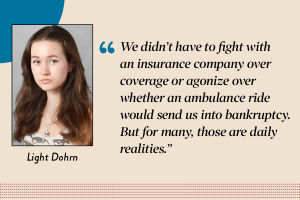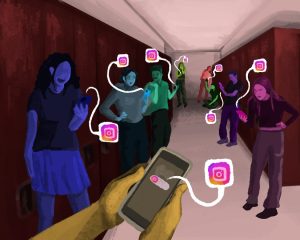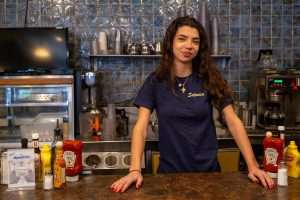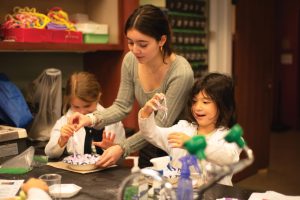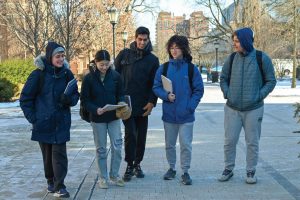Strategic framework outlines priorities for Lab future
Framework will focus on inquiry, critical thinking
Kathy Luan
SPOOKY SCARY STORIES. Alia Thomas, a senior peer leader, reads a Halloween-themed story to two students from the Earl Shapiro Hall. Junior and senior peer leaders met with the younger students on Oct. 29 for books and haunts in Café Lab.
November 5, 2019
A document released in October will set the direction of the Laboratory Schools for the next few years.
The new strategic framework released Oct.17 is the culmination of months of collaboration among students, administration, parents, alumni and faculty from both Lab and the University of Chicago.
Reflecting on the critical and collaborative process of developing the framework, Laboratory Schools Director Charlie Abelmann said, “There was an opportunity for us to think about who we are and look at ourselves in the mirror and think about what we want to celebrate and what we want to improve.”
The beginning of the document emphasizes Lab’s connection to the University of Chicago such as through inquiry.
“Inquiry is critical as a heart of the university. I think the idea of inquiry and critical thinking is really critical here,” Dr. Abelmann said. “It means potentially different things for a college student than for a 3-year-old, but we still really want to value what that means.”
The four themes presented in the framework are building a model of progressive education for the 21st century; ensuring a healthy and inclusive community; improving leadership, governance and decision-making; and securing Lab’s fiscal soundness and an appropriately-resourced future.
Similar to the process of creating the framework, Dr. Abelmann said collaboration will be essential in executing the framework.
“We want to make sure high school students and middle school students are part of the implementation of some of the items that we have in the framework so that participation is a key theme,” he said.
The main priorities of this year will be defining the portrait of a Lab graduate and promoting health and wellness through the newly established Wellness Councils, according to Assistant Director Carla Ellis.
Dr. Ellis said including representatives from all schools in establishing the portrait of a Lab graduate will be equally important as the portrait itself.
Wellness Councils representing each of the four schools and the entire school have already convened. In meetings, they identified priorities for the year, and considered the results of the health and wellness survey, according to Dr. Ellis.
The councils will be guided by the Collaborative for Academic, Social, and Emotional Learning framework outlined in the appendices.
CASEL recognizes self-awareness, self-management, social awareness, relationship skills and responsible decision-making as the five core competencies.
“Academics are critical and we want to be a rigorous school, but we also want a school that’s healthy for students,” Dr. Abelmann said.
The strategic appropriately concludes with “moving forward.”
History teacher Christy Gerst attended the Designshop retreat Jan. 15-17, which was a meeting in the process of developing the framework.
Looking into the future, she said, “It’s only just beginning the partnership between all of those groups to implement the strategic framework, so everything is on a going-forward basis.”

